Our mosquito control services are tailored specifically for the unique environment of Memphis, offering a powerful and effective solution that has been fine-tuned over the past 20 years. Designed to handle the area’s warm, humid summer months and frequent storms, our treatments not only eliminate mosquitoes on contact but also provide ongoing protection. With a focus on both immediate relief and long-term prevention, we help you enjoy your outdoor spaces without the constant nuisance of mosquitoes.
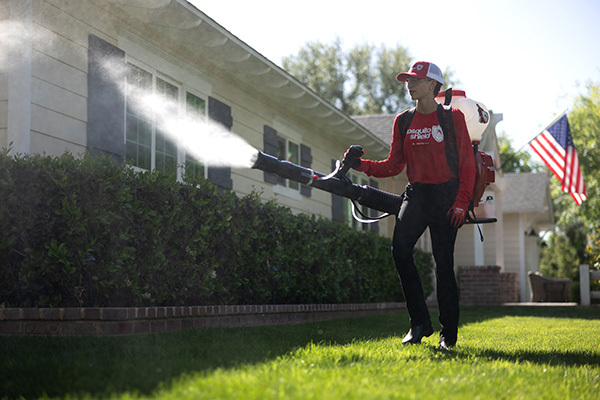
Our treatment instantly targets and eliminates mosquitoes in Memphis's warm, mosquito-prone environment for immediate relief.

By addressing mosquito breeding hotspots commonly found in Memphis, we help reduce population growth and control future infestations.
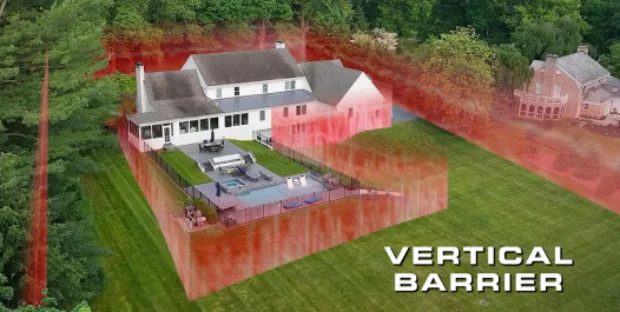
Our solution forms a virtual barrier specifically designed to withstand Memphis’s weather, keeping mosquitoes out and allowing you to enjoy your yard.

Our unique approach to mosquito control delivers proven, effective results you can rely on. With treatments designed for rapid impact, you’ll notice a significant reduction in mosquito activity shortly after the first application. Our method ensures your outdoor spaces become more enjoyable quickly.

Any mosquitoes living around active areas of the home will be killed on contact with our proprietary formula. We train our technicians to target these areas so we can maximize the effectiveness of the spray.

Female mosquitoes are attracted to the scents we emit. Our proprietary formula is specially created to mask them. Once our treatment has been applied, mosquitoes will avoid your property.

As treatments are performed, a vertical barrier is established which strengthens with each mosquito control service visit. This will shield your yard from pesky mosquitoes.
Experience the most comprehensive mosquito and tick control service designed for the Southern U.S. climate, helping you enjoy your outdoor spaces in Memphis without the nuisance of pests. Here’s what to expect:
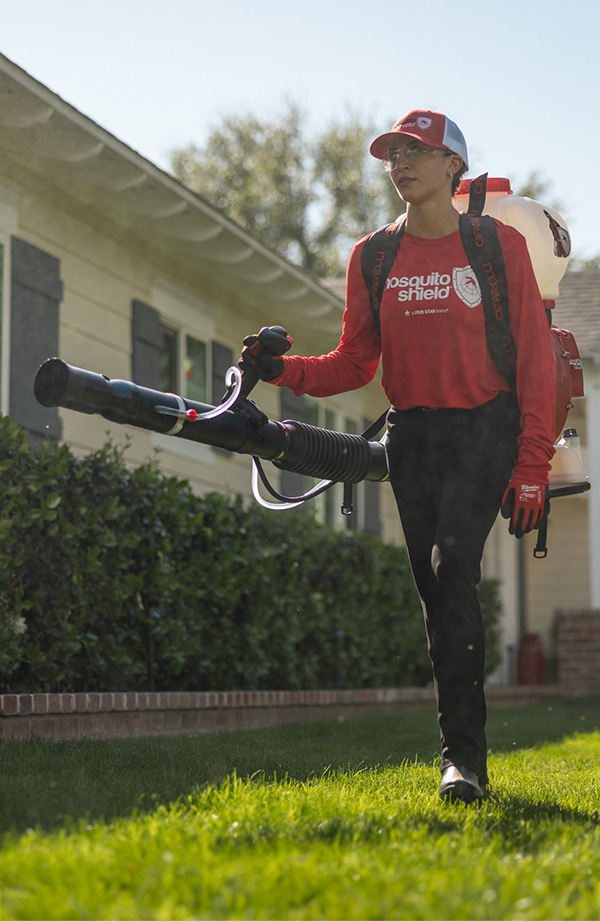
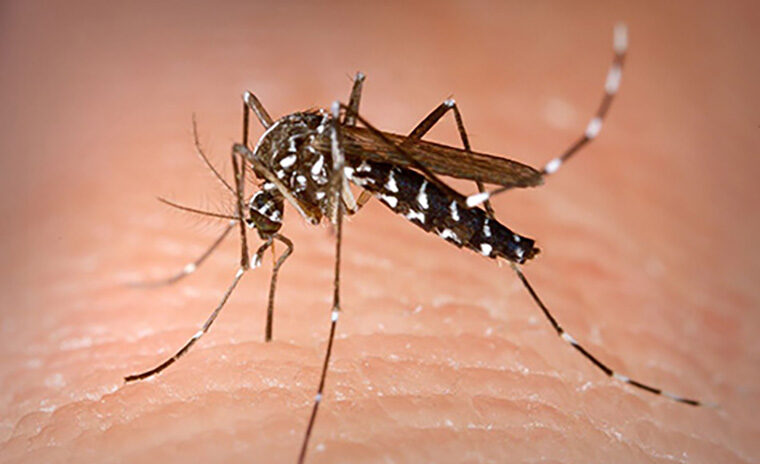
Identification: Small, black mosquito with white leg stripes and a lyre-shaped silver pattern on the thorax.
Habitat: Breeds in artificial containers—buckets, toys, clogged gutters, and pet dishes in residential areas.
Behavior: Aggressive daytime biter; prefers humans over animals.
Health Risks: Known vector of Zika, dengue, chikungunya, and historically yellow fever, which is how it got its name.
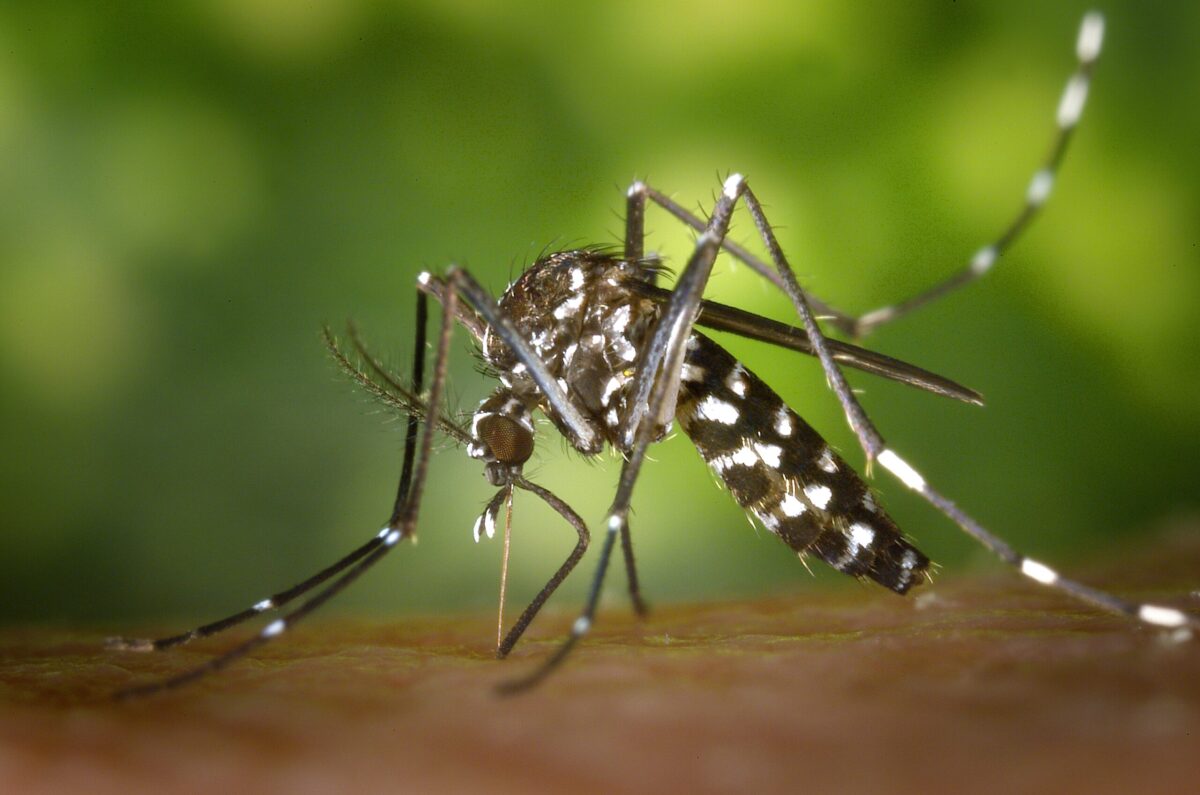
Identification: Black body with a distinct white stripe running down the back and banded legs.
Habitat: Common in shady suburban yards and wooded areas. Breeds in small, water-filled items—plant saucers, tarps, and even bottle caps.
Behavior: Daytime feeder—often bites ankles and legs.
Health Risks: Can transmit West Nile virus, Zika virus, and dengue.
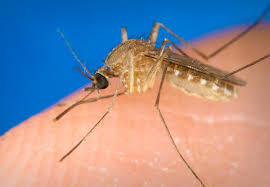
Identification: Light brown body with darker stripes on the abdomen.
Habitat: Found in stagnant water—storm drains, birdbaths, ditches, and neglected pools.
Behavior: Nocturnal feeder; often sneaks into homes at night.
Health Risks: Primary vector for West Nile virus in the Mid-South.
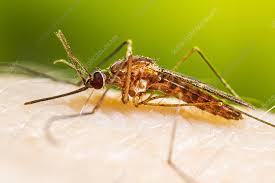
Identification: Dark body with four distinct spots on each wing; rests at a 45° angle.
Habitat: Clean, slow-moving freshwater like creeks, retention basins, and marsh edges.
Behavior: Most active at dawn and dusk.
Health Risks: No longer a malaria threat in the U.S., but still causes itchy, persistent bites.
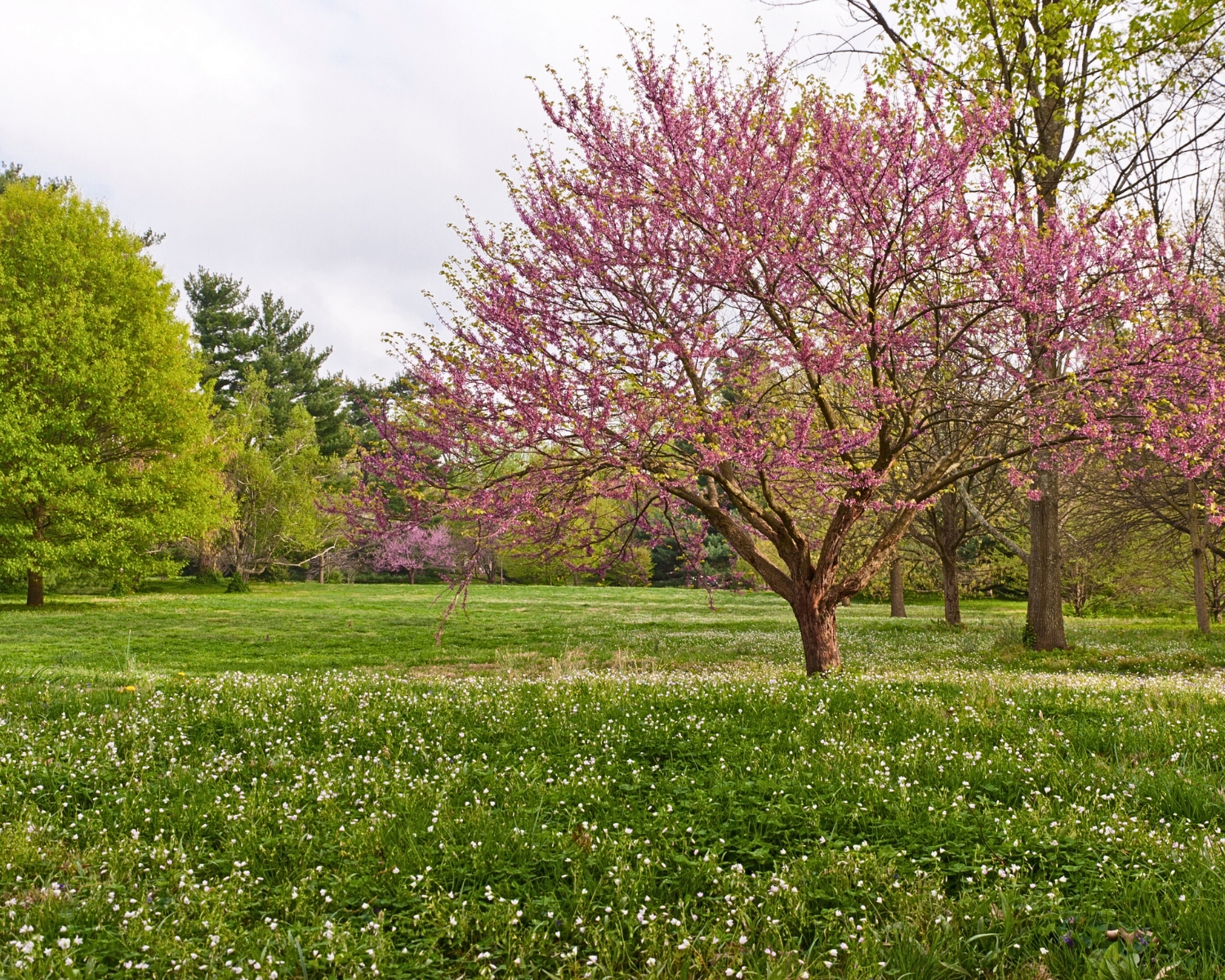
Key Activity: Mosquitoes return with spring rains and warming temps.
Breeding: Standing water from thunderstorms and irrigation runoff provides ideal hatching spots.
Common Species Active: Aedes aegypti and Culex quinquefasciatus begin appearing by April.
Behavior: Evening bites become common, especially near dense vegetation.

Key Activity: Peak season—Memphis heat and humidity fuel rapid mosquito growth.
Breeding: Puddles, pool covers, blocked gutters, and anything holding water becomes a breeding site.
Common Species Active: Aedes albopictus, Aedes aegypti, Culex quinquefasciatus—all highly active.
Behavior: Biting is intense all day and night, making outdoor activities challenging without prevention.
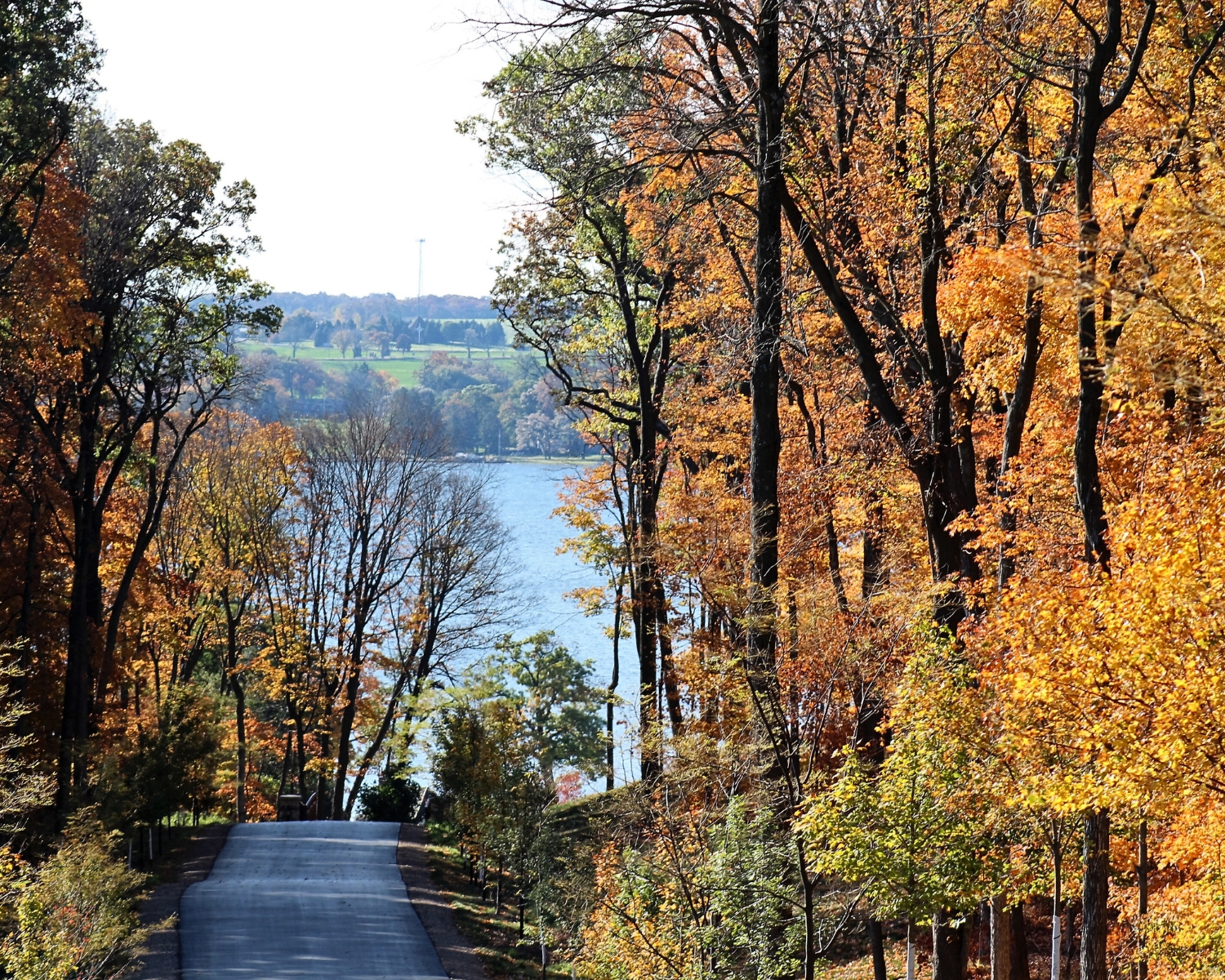
Key Activity: Mosquito activity tapers but lingers in warm spells.
Breeding: Yard debris, leaf-filled drains, and rainwater collect in low-lying areas.
Common Species Active: Culex and Aedes species continue into early November.
Behavior: Activity shifts toward afternoon warmth and early evening.

Key Activity: Mosquito presence drops, but doesn't disappear completely.
Eggs: Aedes eggs overwinter in dry spots, hatching after rain returns.
Adults: Some Culex mosquitoes survive in sheds and crawlspaces.
Behavior: Occasionally active during unexpected warm days—especially after rain or mild snaps.

From spring rain to midsummer heat, the region’s weather plays a major role in driving mosquito populations across Shelby County.

While many species are simply nuisance biters, others are closely monitored for their role in regional disease activity.
